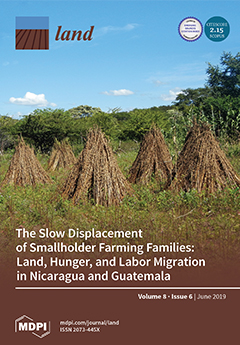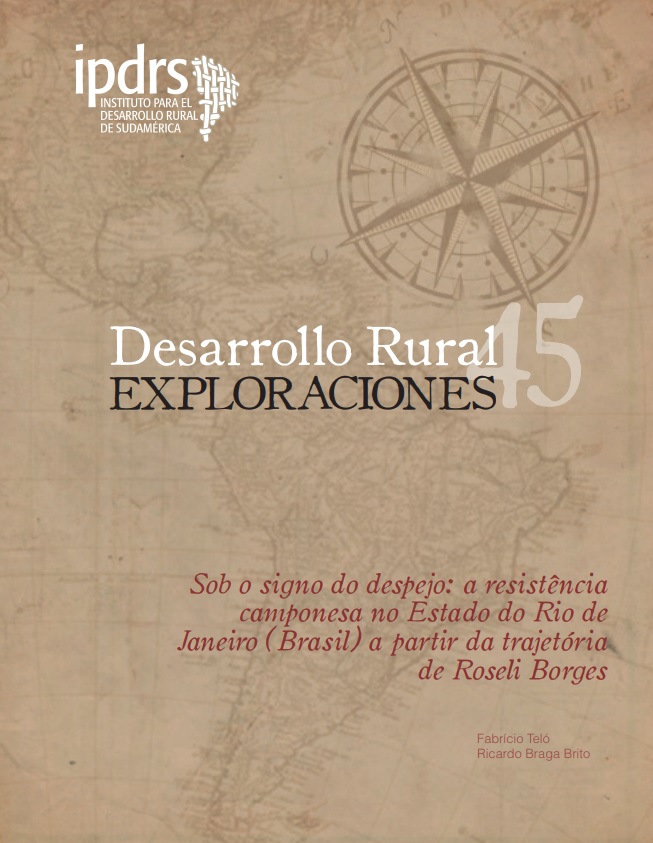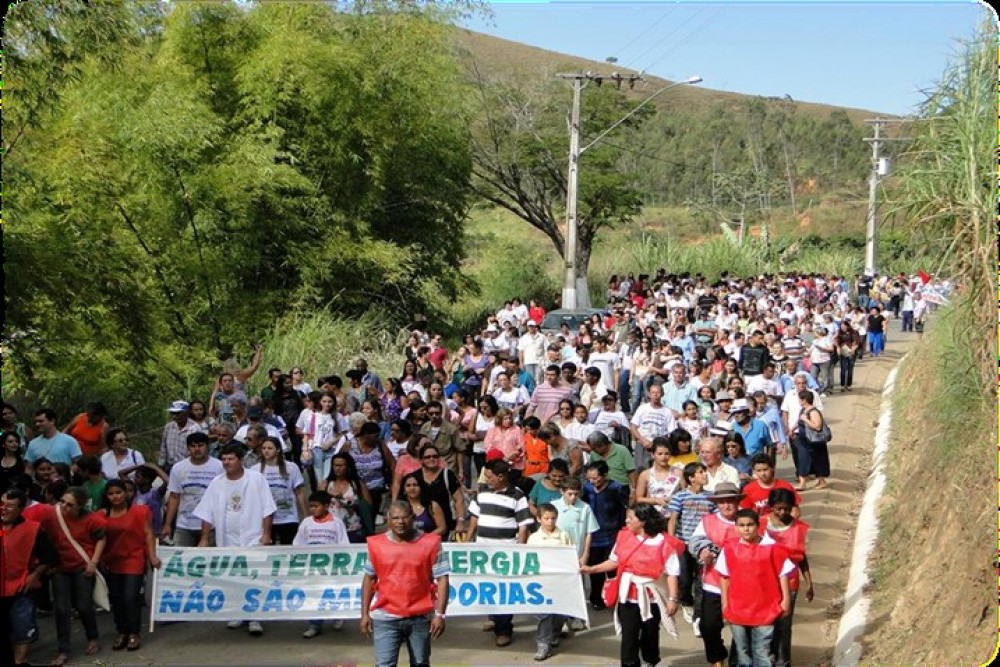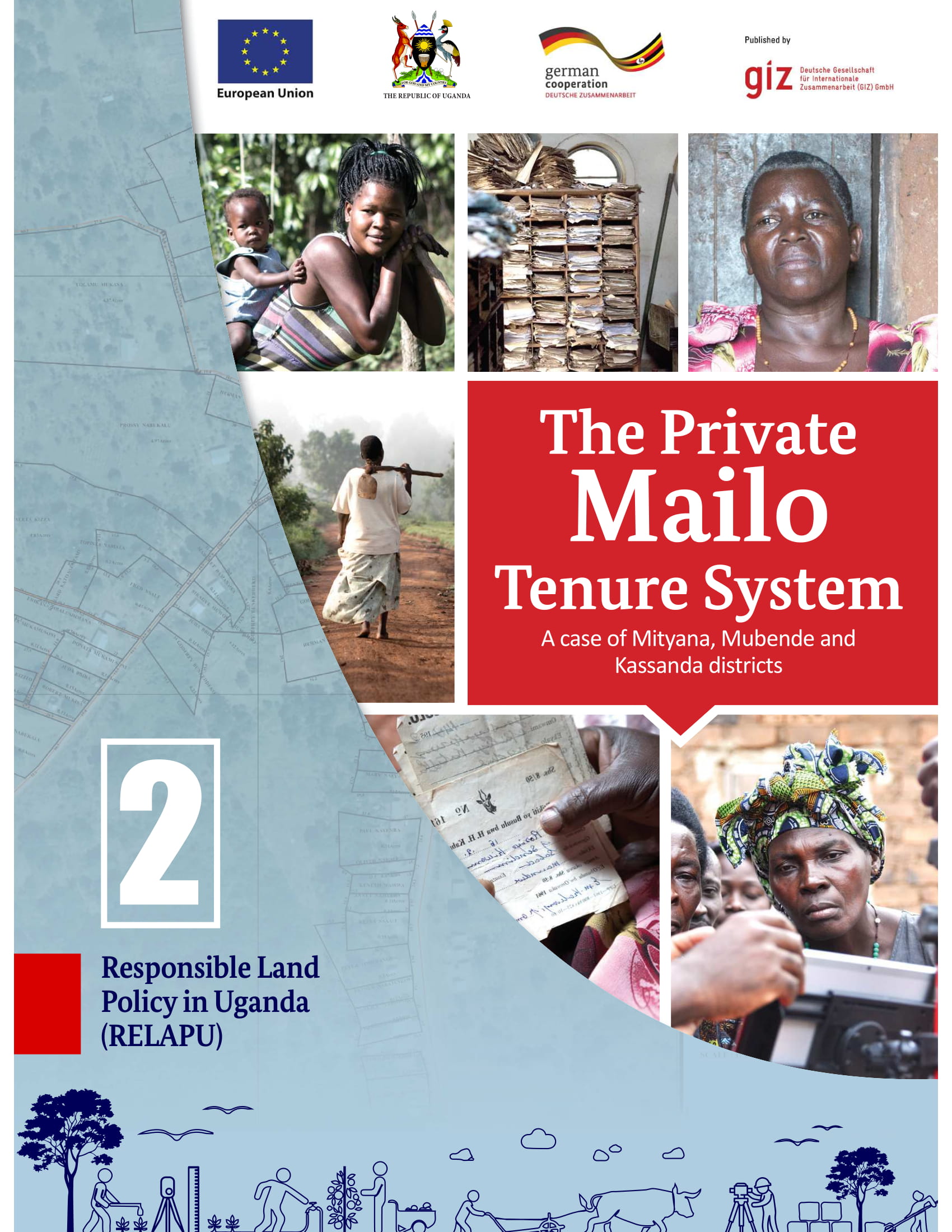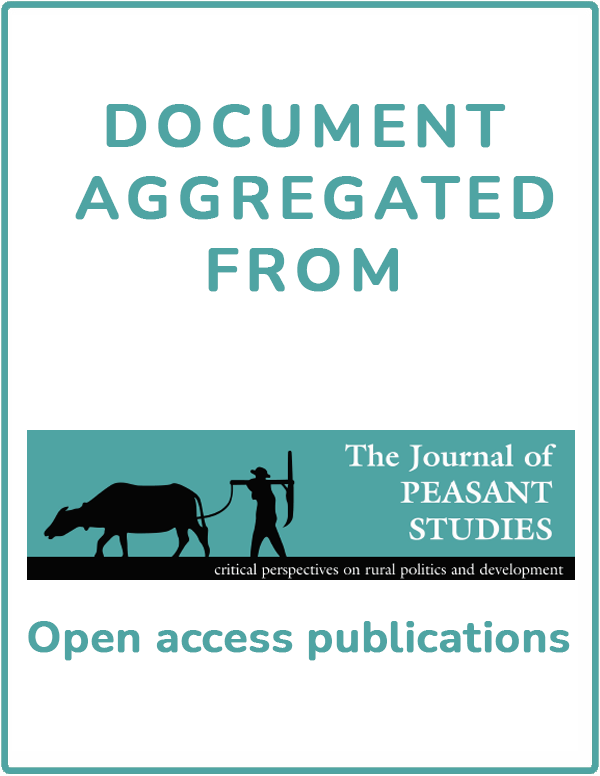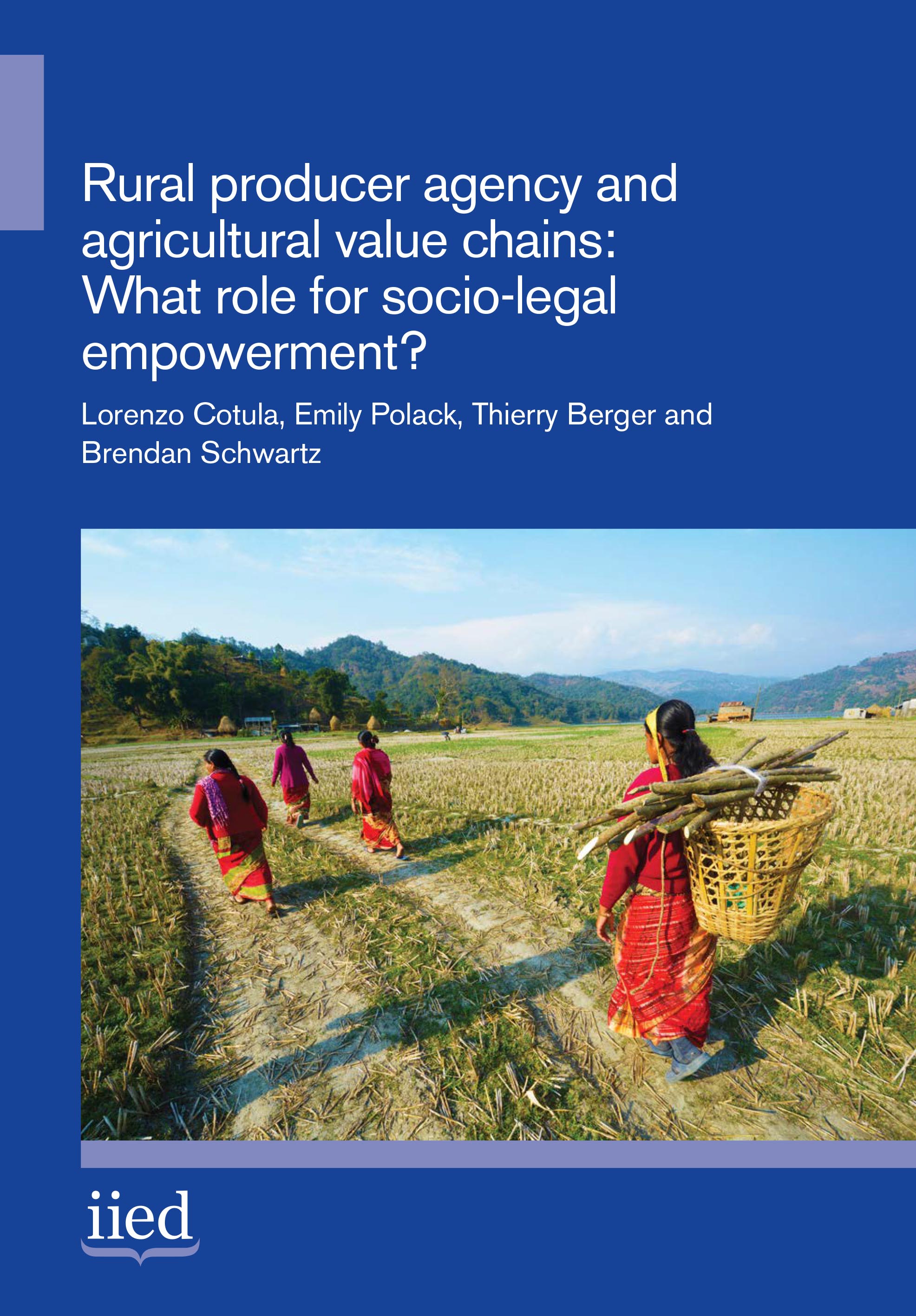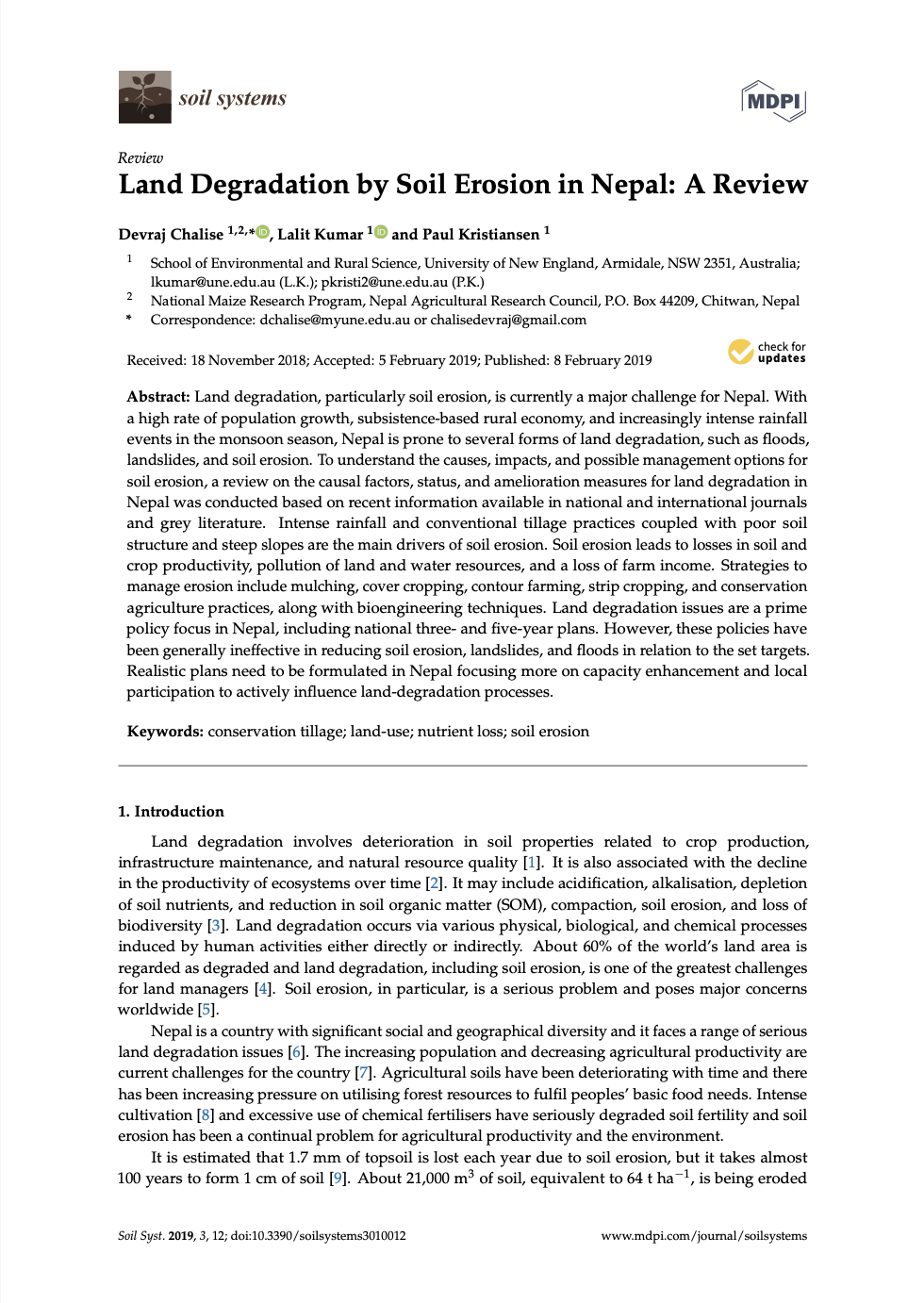Mutual Effects of Land Distribution and Economic Development: Evidence from Asia, Africa, and Latin America
Land plays an important role in the economies of developing countries, and many theories connecting land inequality with different dimensions of economic development already exist. Even though efficacious land distribution allows societies to transition from poverty to a human capital-based developed economy, ongoing issues related to property rights, inequality, and the political economy of land distribution are unavoidable. The general objective of this paper is to explore the nexus between land distribution and economic development.

